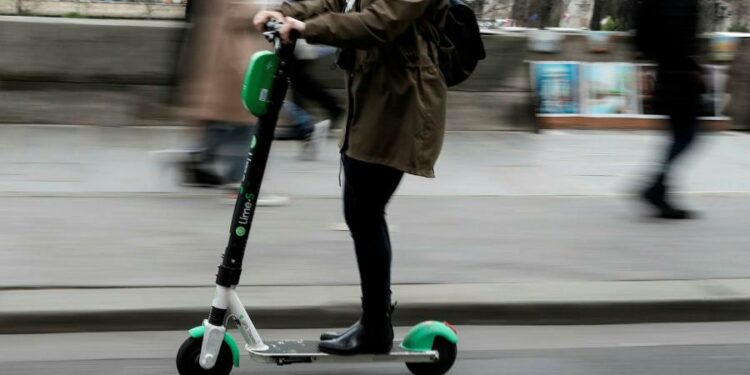In the late 2010s, micromobility was the sort of buzzword that could drive a start-up stampede and billions of dollars in funding. But the unprofitable model of buying up scooters and electric bikes and renting them out was starting to pall even before the pandemic poleaxed the sector. A move to public markets comes too late for hype.
Consolidation means two US companies lead the pack: Bird and Lime. Santa Monica start-up Bird went public last year via a Spac that valued the company at $2.3bn. Shares have since fallen by more than a third. Undeterred, Lime is preparing to go public this year.
Expect Lime to point out that it has a far bigger fleet than its rival. Yet it expanded in unhappy circumstances. In 2020, amid a pandemic crunch in customer numbers and workforce lay-offs, Uber led a $170m investment in the company that included the transfer of its own lossmaking bike and scooter business Jump.
At a reported $510m, the investment lowered Lime’s valuation by about three-quarters.
As with Airbnb, which also completed a down round in 2020, Lime had little choice. It can expect a much higher market value. The question is whether renting out e-bikes and scooters can be profitable in everyday circumstances. Bird’s finances do not look promising. Sales in 2021 compare favourably with the lockdowns of 2020. But the company still lost $37m on $65m of revenue in the last quarter. This comes after it attempted to reduce losses by working with partners to manage its vehicles.
Lime claims that it was profitable on an adjusted ebitda basis in the last quarter. But it too remains lossmaking. Last year, it raised $418m in convertible debt from investors including Abu Dhabi Growth Fund and a $105m senior secured term loan facility. More cities are opting to support micromobility providers and the company is touting expansion plans. But until it breaks even, funding will be needed just to keep day-to-day operations on the road.











